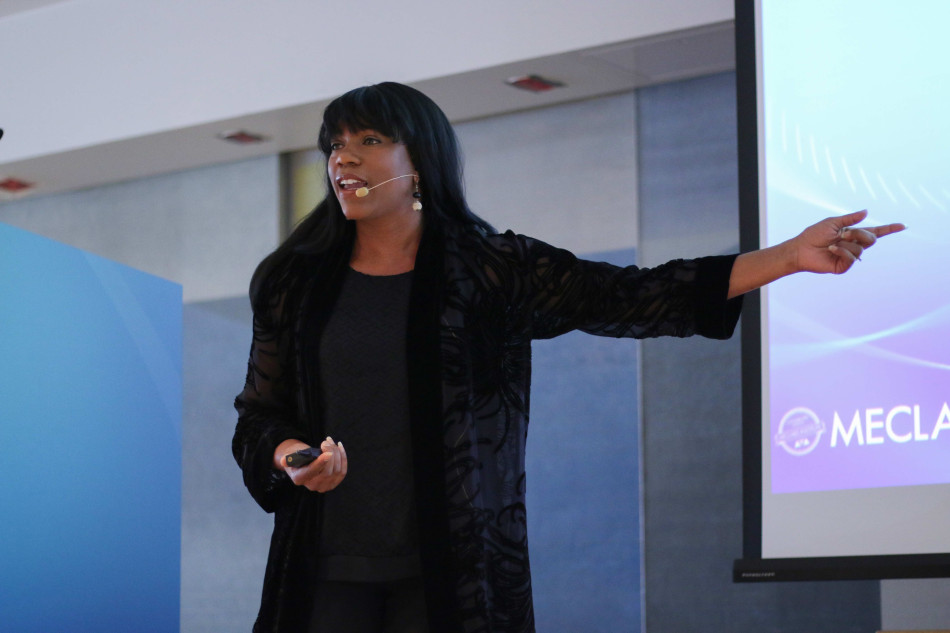Membership 3.0

In a future-focussed session, delegates came together to discuss why Clubs need to change now in order to stay relevant and grow the member base.
Terry Agnew from RACWA asserted, in an opening presentation that “Technology enabled consumers will disintermediate us if we do not act, but we have a lot of experience and data that we can leverage to positive change. We still call ourselves autoclubs, but we need to become lifestyle clubs. Connected mobility is the stepping stone to this lifestyle model.”
With this idea of ‘connected mobility’, the session turned to the concept of big data and how it is a powerful tool for Clubs to make rapid strides to develop secure business models for the future of mobility.
Brian D’Amato and Winnifer Thomas-Cox from MECLAB, a research institute which looks into the reasons why consumers say ‘yes’, then took over with a presentation on how big data should be applied and how collecting data alone is not enough to secure a profitable future. “The challenge for the Clubs,” said D’Amato, “is getting them to really understand their members, and the subsets of their members to help develop what is of value to them.”
In order to give delegates a practical and proactive means of evolving their Clubs, the MECLAB pair then explained the concept of ‘Value
Proposition’ – the reason why a consumer should chose to join your Club over direct competitors. With engaged discussions and the offer of a free online eight-hour version of the workshop, delegates left the session armed with some fresh perspectives on membership, and finally Dougal Swift (from NZAA and Deputy Chairman on the FIA Mobility Services Commission) presented plans for a global alliance of FIA Clubs.
In a similar model to airline frequent flyer rewards systems, he said, “There is an opportunity to create a global alliance brand for motor Clubs.
This would be developed and owned by the FIA to be used by Clubs who meet the criteria for provision of reciprocal services to members of other Clubs.”

 Facebook
Facebook Twitter
Twitter






